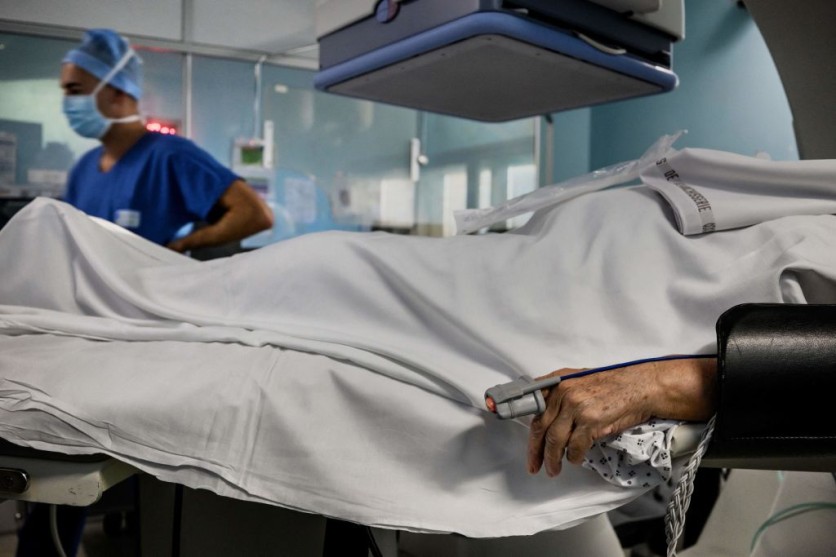A crowded hospital is never good for patients or doctors, as it can lead to treatment delays and, worse, more fatalities. Hospital crowding is a severe issue that healthcare experts seek to avoid daily by making critical decisions such as emergency room admissions.
AI Enhances Emergency Room Decision-Making
A new study by researchers from the Icahn School of Medicine at Mount Sinai aims to assist physicians in this life-or-death situation by using AI to analyze data and predict whether a patient visiting the emergency room should be admitted to the hospital (via Medical Xpress).
With the United States having a ratio of 28.2 physicians to 10,000 patients, technologies like this promise to streamline hospital operations and ensure every patient is cared for.

AI Models and Their Impact on Healthcare
The researchers hope to lessen the burden on physicians by allowing advanced large language models like GPT-4 to help with these decisions accurately, even with limited data.
To test this concept, the researchers used AI to analyze existing patient data, such as body temperature, blood pressure, pulse, and breathing rates, as well as notes made by attending healthcare professionals. They ensured no identifiable patient data was included.
After processing data from more than 864,000 emergency room visits, the AI produced a promising result: 159,857 patients, or a little more than 18 percent, were identified as needing admission.
Dr. Eyal Klang, a co-author of the study and Director of the Generative AI Research Program at Icahn Mount Sinai, expressed confidence that AI models like GPT-4 could improve healthcare professionals' decision-making in high-volume settings like the emergency room.
Dr. Klang added that the study's results were surprising, as the AI model was able to provide reasoning for such critical decisions.
The study also noted that these findings open up other possibilities, such as scaling the AI models to include traditional machine-learning predictions, which promises to improve performance.
Future of AI in Healthcare Operations
The researchers explained that despite the promising results, using AI to determine admissions from emergency room patients will remain a tool to assist physicians and will not replace expert decision-making.
Importantly, the researchers noted that the study demonstrates how large language models (LLMs) can be incorporated into healthcare operations. Due to their rapid training capabilities, they can provide valuable insights even in complex environments.
Brendan Carr, MD, MA, MS, a study co-author and emergency room physician who is also the Chief Executive Officer of Mount Sinai Health System, added that this research lays the groundwork for further exploration of AI integration in healthcare, such as diagnostics, treatment, operational, and administrative tasks that require continuous optimization.


![Apple Watch Series 10 [GPS 42mm]](https://d.techtimes.com/en/full/453899/apple-watch-series-10-gps-42mm.jpg?w=184&h=103&f=9fb3c2ea2db928c663d1d2eadbcb3e52)


